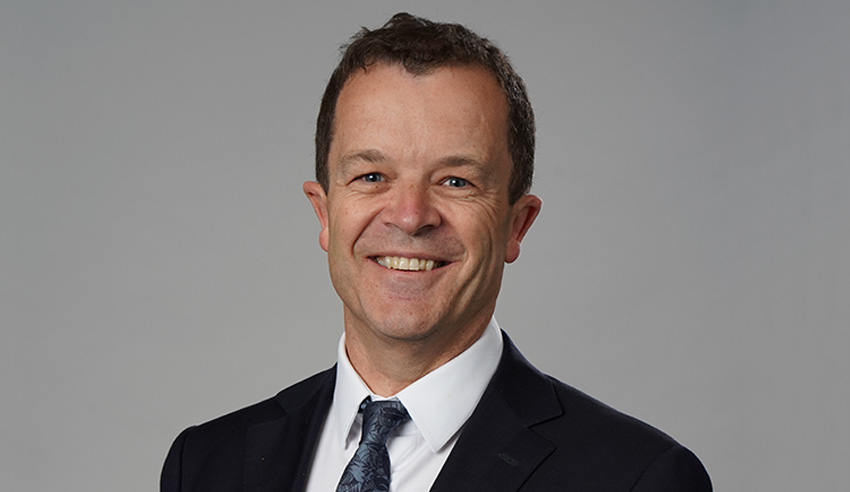Remote witnessing of legal documents, introduced at the height of the pandemic, will now be a permanent mainstay in the NSW court system.

Witnesses will now be able to remotely sign documents, such as wills, statutory declarations and affidavits, over video in new reform the Attorney-General said will cement temporary measures into law.
Attorney-General Mark Speakman said that remote witnessing provides greater choice and flexibility for individuals and businesses.
“The NSW government introduced the remote witnessing scheme in response to the COVID-19 pandemic to help keep the wheels of commerce moving and allow people to manage personal legal arrangements safely,” he said.
“After a successful trial period of 18 months, we’re pleased to be extending these effective and secure provisions to make life easier for people in the future.”
The new bill will permanently allow documents to be witnessed in real-time over an audio-visual link (AVL) when the legislation receives assent. For an additional 12 months, the list of people who can witness NSW statutory declarations will also be extended to the expanded list of witnesses permitted to do so by the relevant Commonwealth legislation.
Mr Speakman said many people who have been using remote witnessing for personal, business and legal documents have found it convenient and efficient, saving both time and money.
“Safeguards are in place designed to address the risk of fraud. For example, signing must be witnessed in real-time, and the witness must be reasonably satisfied they’re signing the same document or an exact copy. The witness must also endorse the document with a statement that they have complied with these requirements and specify the method used to witness the signature,” he said.
“Continuing these measures will benefit people living in rural, regional and remote areas. It will also improve access to justice for vulnerable members of the community, including older people, people suffering from illness or people with a disability.”

Lauren is the commercial content writer within Momentum Media’s professional services suite, including Lawyers Weekly, Accountants Daily and HR Leader, focusing primarily on commercial and client content, features and ebooks. Prior to joining Lawyers Weekly, she worked as a trade journalist for media and travel industry publications. Born in England, Lauren enjoys trying new bars and restaurants, attending music festivals and travelling.